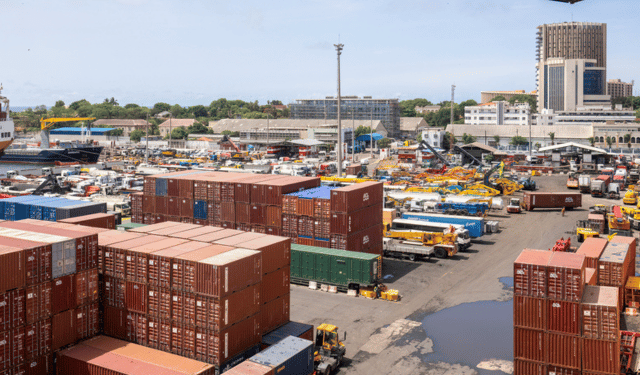Senegalese fishery first in West Africa MSC-certified – The Senegalese Atlantic Ocean tuna fishery has reached a major milestone, becoming the first fishery in West Africa to achieve the prestigious Marine Stewardship Council (MSC) certification. This accolade, awarded to Compagnie Africaine de Pêche au Sénégal SA (CAPSEN), a division of Dongwon Industries, and Grand Bleu SA, certifies compliance with global standards for sustainable fishing.
The Senegalese fishery is only the second on the entire African continent to meet the MSC criteria, joining a global network of over 500 certified operations. This achievement not only strengthens Senegal’s position in responsible fishing, but also demonstrates the region’s potential to adopt sustainable practices in a sector under pressure from high resource exploitation.
CAPSEN and Grand Bleu play a crucial role in supplying international markets, including Asia, Europe and the Americas, with sustainably caught tuna. CAPSEN, in particular, sends up to half of its catch to local processor SCASA, which exports around 70% of its MSC-certified tuna to the United States. These activities combine sustainability with positive economic impacts, providing employment for nearly 1,800 people and strengthening the local economy.
This recognition is the result of a Fisheries Improvement Project (FIP) launched in 2020. The project, carried out in collaboration with the national fisheries department and Key Traceability, implemented an action plan aimed at meeting MSC requirements. Among the main measures taken were the introduction of biodegradable and non-trapping fish aggregating devices (FADs), the organisation of workshops to train on-board observers and the use of digital tools to monitor catches and interactions with protected species.
The fishery is managed regionally by the International Commission for the Conservation of Atlantic Tunnids (ICCAT), with six Senegalese vessels operating on the high seas and in the Exclusive Economic Zones (EEZs) of Senegal, Mauritania, Cape Verde and other neighbouring countries. This approach preserves the fish stocks of skipjack tuna (Katsuwonus pelamis) and yellowfin tuna (Thunnus albacares), ensuring that fishing does not compromise the balance of marine ecosystems.
MSC certification is not only a symbol of sustainability, but brings with it significant benefits for local communities. Thanks to these innovative practices, Senegal is consolidating its reputation as a leader in the responsible management of fishery resources, while fostering socio-economic development. The integration of new technologies and transparency standards into fishing operations not only safeguards marine biodiversity, but also provides opportunities for growth and economic security.
The case of Senegal provides an inspiring example for other African nations. Investing in sustainable fishing is not only an environmental commitment, but also an opportunity to promote economic development and improve the living conditions of coastal communities. As the number of MSC-certified fisheries in Africa increases, the region can aspire to become a global benchmark for fisheries sustainability.
Senegalese fisheries first in West Africa MSC certified









